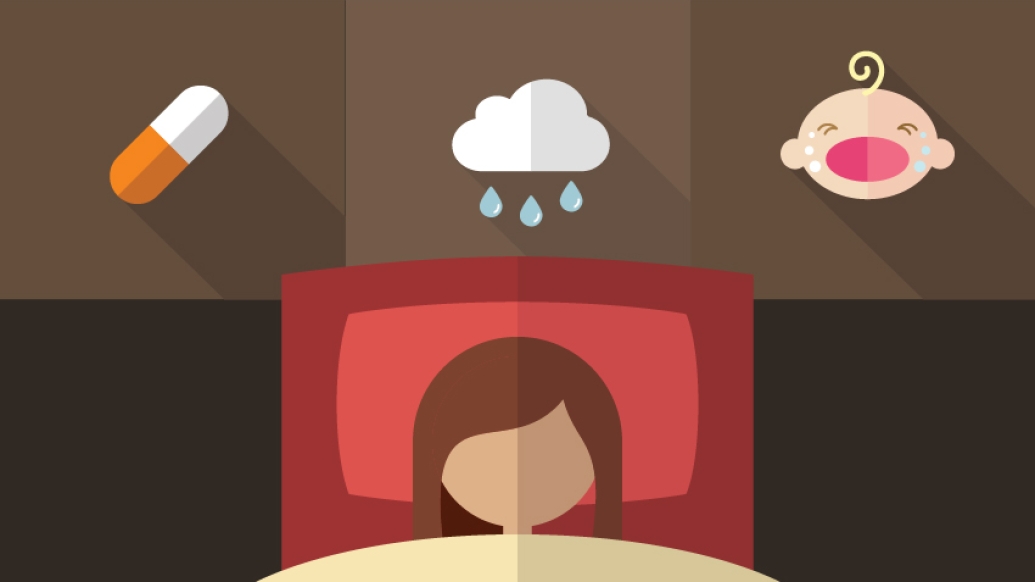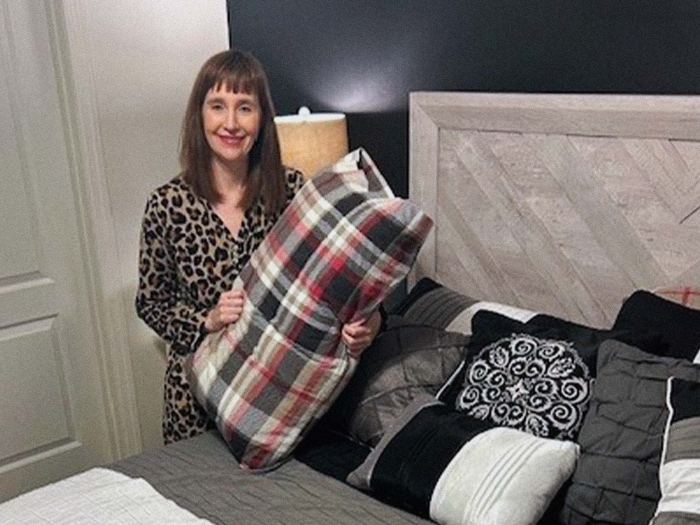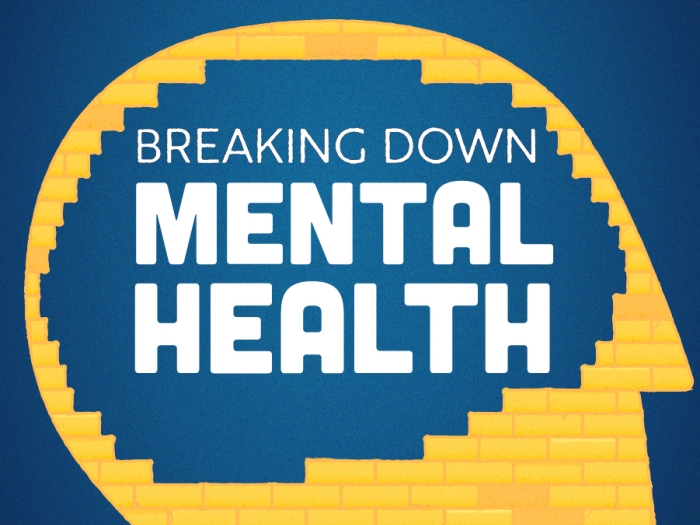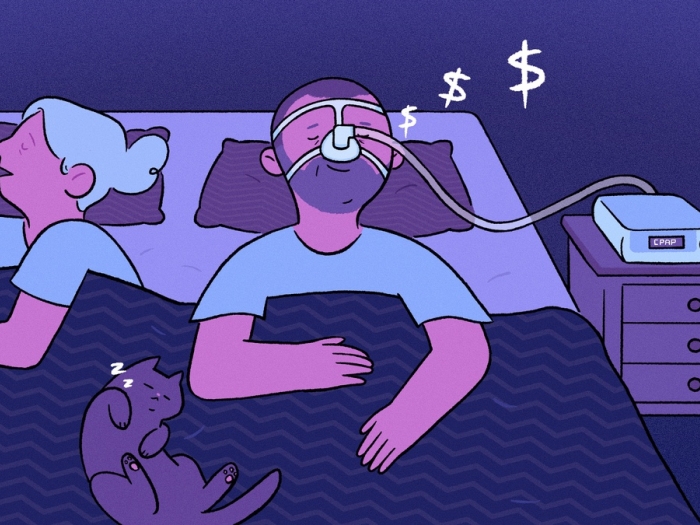No matter how tired you are, restful zzz’s can be evasive. Women experience this more often than men, thanks to a few factors.
2:57 PM
Author |

Women are twice as likely to have insomnia — the inability to fall asleep and stay asleep — as men. Much of this has to do with hormones, but some of it has to do with the ebbs and flows of a woman's life. Here are three common causes.
Hormones
There's a strong connection between hormones and sleep. In fact, when researchers study boys and girls and sleep, there are no differences until puberty starts. Then, at different times of the month, women and girls will sleep better than other times because of the fluctuations of their menstrual cycles. This sets the stage for poor sleep.
Other big hormonal milestones in a woman's life — pregnancy, the postpartum period and menopause — can also wreak havoc with regular schedules and sleep.
SEE ALSO: Insomnia and Postpartum Depression: When a New Mom's Sleep Loss Turns Perilous
Mood disorders
Women are more prone to mood disorders, such as anxiety and depression, leaving them more vulnerable to sleep problems. That's because many of the same chemicals in the brain that can be disrupted in mood disorders are also involved in regulating sleep.
The overlap of caregiver responsibilities and work
Though roles are changing, women are more often the primary caregivers for children. Later on in life, women may end up being caregivers for their parents or their partner's parents. Some are doing double duty: caring for children and elderly parents at the same time.
In addition, women may be working outside of the home while caregiving. All of these activities decrease their sleep time.
Advice for insomniacs
Most people have insomnia at some time in their life for a few days or more. If the insomnia isn't interfering with your daily life or routines, don't worry.
On the other hand, if you have experienced insomnia three nights a week for three months or more, you have chronic insomnia and should seek the help of a health care provider, such as your physician or a sleep medicine specialist.
Want tips on falling and staying asleep? See six insomnia fixes from the U-M Behavioral Sleep Medicine Clinic here.

Explore a variety of health care news & stories by visiting the Health Lab home page for more articles.

Department of Communication at Michigan Medicine
Want top health & research news weekly? Sign up for Health Lab’s newsletters today!





